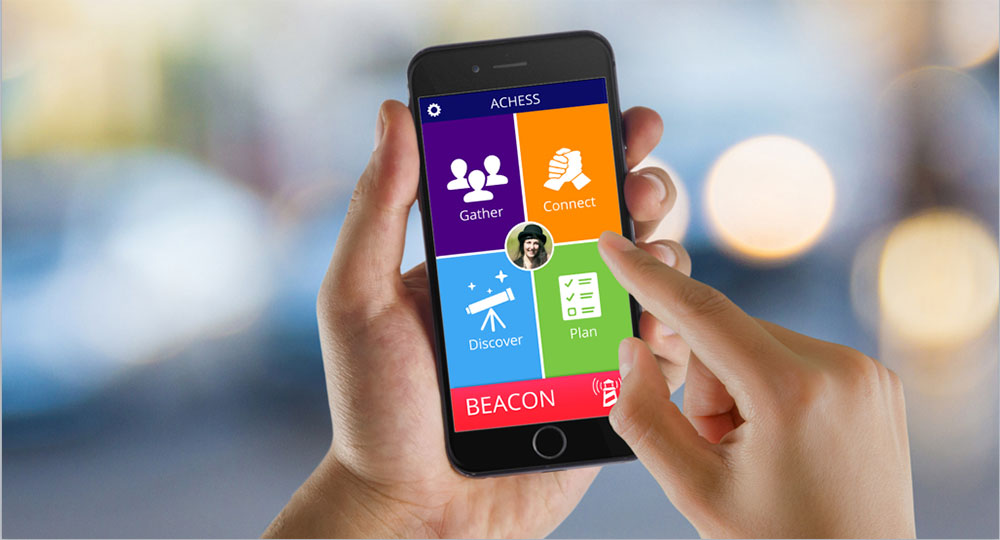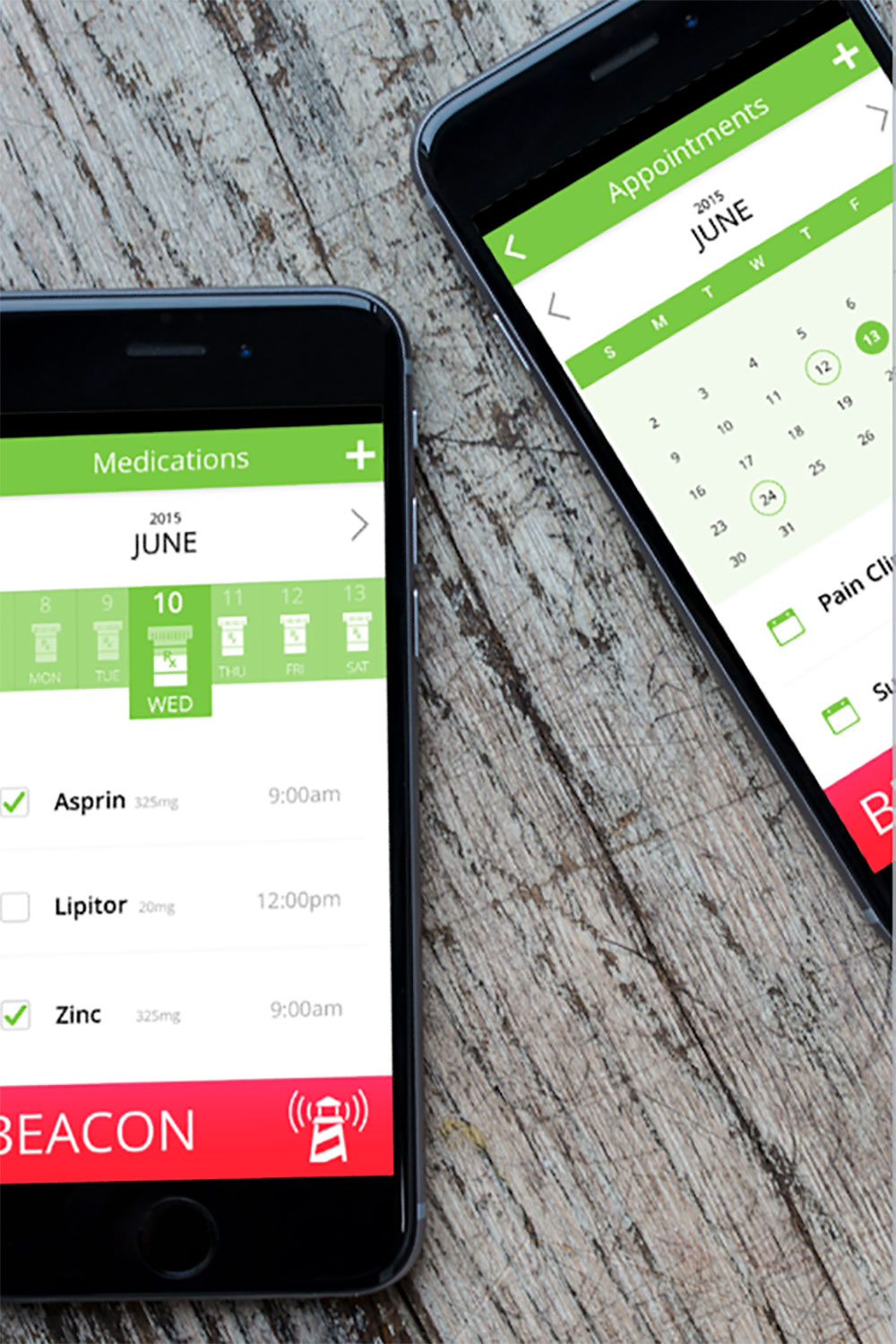A pilot program conducted earlier this year to test the effectiveness of a mobile app for people with a substance use disorder showed promise in its utility and value in helping participants maintain recovery and avoid a relapse.
“Health information technology is a vehicle for improving health outcomes through patient-centered communication mechanisms,” researchers wrote. Smartphone apps for people in recovery often offer tools including social support, goal setting, and behavior tracking. However, few of these apps actually have a comprehensive list of features or evidence from clinical trials to validate their value.
The pilot test was conducted using 30 participants from a Massachusetts drug court program who were told to use A-CHESS, a mobile app for recovery support over a four-month period. The longest duration of the study was 121 days and the shortest was four days. The average length of time in the study was 95 days (excluding the one participant that only lasted for four days, the average length of time was 98 days). Participants opened A-CHESS on average of 62 percent of the days that they had the app. Social networking tools were the most utilized services.
A-CHESS was initially developed by David H. Gustafson, Ph.D., and his colleagues at the CHESS Center at the University of Wisconsin in Madison, specifically to help people with substance abuse disorders maintain recovery and avoid a relapse.
“To our knowledge, it is the only mobile app designed to address [substance use disorders] that has been demonstrated as effective in a randomized clinical trial so far,” researchers stated. The commercial version of the app is currently owned by Rochester, NY-based CHESS Mobile Health, Inc.
“I think the promise of technology is that we can get to know people better and tailor programs for them,” said Chris Wilkins, President, and CEO of CHESS Mobile Health, Inc.
One of the benefits of the A-CHESS platform is its flexibility, according to Joey Organisciak, CHESS Mobile Health, Inc.’s VP of Technology. “You can think of our platform as a shell,” he said. “Our customers have the ability to customize content based on what their cohort looks like.”
The company currently markets its app to inpatient treatment facilities, outpatient facilities, residential treatment facilities, health plans and insurance providers, Organisciak said. He added that the company focuses on its customers cohorts, intended outcomes and workflow processes when developing a solution for them.
The only clinical trial for A-CHESS that was conducted when the pilot program was launched, used people who were diagnosed with… (continue reading)

















